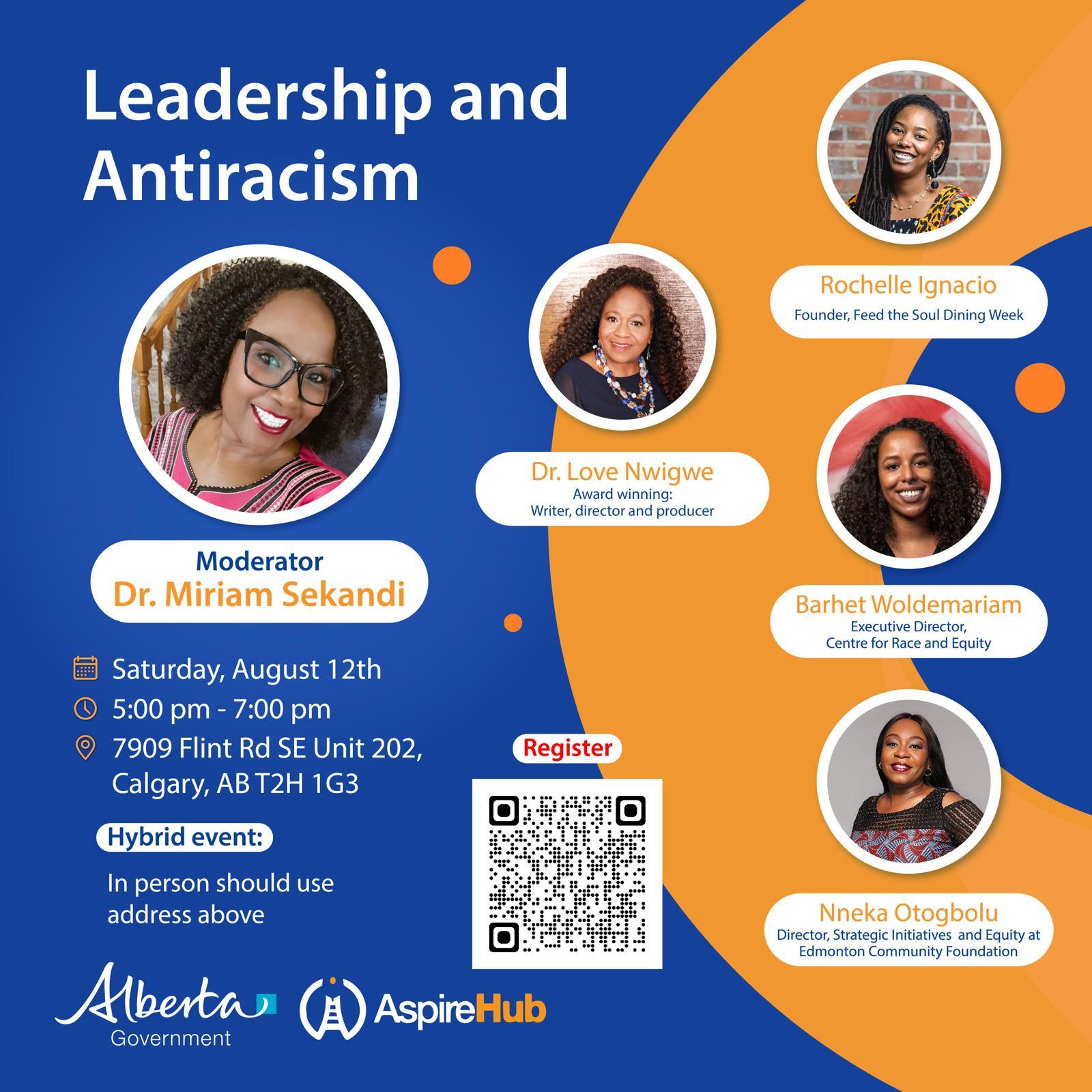
Crossing Borders: Supporting Women and Girls in Afghanistan
Apart from financial aid, Canadians seldom find the time to support communities like their own, let alone those across oceans. The conflict in Afghanistan is one of the millions across the globe in which corruption, political instability, economic uncertainty, and mass human and environmental harms characterize conflict. Unfortunately, there are few parts of the world where peace, or its perception, is reflected in society.
Writing this from Canada, I feel humbled and privileged to articulate these circumstances in a society that is not plagued by conflict, war, famine, or destabilization.
Invasions and Afghanistan
From May 1st to August 15th, 2021, the Taliban successfully conducted an offensive that unilaterally ended an almost 20-year war. Weeks following Al-Qaeda’s attacks on the United States in 2001, President George W. Bush announced that American forces had launched attacks against the terrorist group and Taliban targets in Afghanistan. Unfortunately, the US was not the first nation to invade and undertake the governance of Afghanistan.
In 1979, the Soviet Union invaded Afghanistan and left the country in chaos and instability. Terrorism is rising, and the ongoing conflict reflects US interference and more significant geopolitical disputes.
Taliban Emergence and Governance
Following the Afghan War with the Soviet Union, resistance and resurgence were of primary concern for the country’s residents. The emergence of the Taliban as a conservative and religious political force can thus be attributed to remnant sentiments from years of war. By late 1996 the Taliban had seized the capital, Kabul, and gained effective control over two-thirds of the country.
Among the most notable governance models, the Taliban effectively eliminated women from the public sphere. A mix of strict puritan laws, Islamic fundamentalism, and a profound reflection of patriarchal family structures allowed the Taliban to appeal mainly to rural and fundamentalist villages and communities. At its core, these changes in society and government adversely impact women and girls.
Deteriorating Situation
Despite claims by Taliban officials claiming this 2021 regime will bring a new avenue of opportunities and education to women and girls, there is little precedent to support these claims. Further, there are current practices throughout the country that overly contradict this claim.
For instance, when secondary schools reopened in October, the Taliban directed boys to return to the classroom. Still, they said nothing about girls, which families understood as a directive to stay home. The Taliban’s lack of action to address their ideal positionality of women indicates their disregard for women and girls’ education.
More Than Paying Attention
The delay in action is intentional. All efforts by the Taliban, and any other government for that matter, are diplomatic and strategic. Governments across the globe have watched in dismay as Afghanistan continued to be subordinated under whatever restrictive or oppressive regime remains, leading to the question, what else should we be doing? In a wealthy Western country, what can the average human do to better the lives of those struggling across the ocean?
Notwithstanding a global pandemic, international geopolitical tensions, and economic instability, there is more to do than just donating a few dollars from a Western perspective. Donations are an incredible and powerful way to empower international organizations to change, but not all people can donate continuously or know which organization is most in need.
The following lists by Global News and CTV News articulate the needs and focuses of Afghanistan and international organizations working towards justice and the betterment of Afghan citizens.
Individual and Collective Community Mobilization
Moving beyond the individual and often one-time donations, community mobilization is a powerful way to advocate for women and girls in Afghanistan and reinforce that human rights are not subject to arbitrary borders.
The focus of advocacy itself is to articulate your internal passions, which lead primarily to human rights. Thus, from a human rights perspective, advocating for women and girls in Afghanistan serve to promote international human rights and the adherence and enforcement of the rights of women and girls.
It is essential to educate yourself about the current situation in Afghanistan before finding people and organizations working to improve women and girls’ lives in Afghanistan. It is easy to fall into the deficit model of thinking where Western women feel they need to save “Muslim women” can be a token for viewing oneself as a “saviour.” That is the primary reason that education is the first step. Without understanding the successes and efforts of Afghani women, a power imbalance can cloud the intentions and outcomes of individual and organizational advocates.
Supporting Your Local Afghan Community
The Islamic Family and Social Services Association of Edmonton facilitates sponsorship, volunteering or supporting Afghan refugees, primarily those arriving and residing in Edmonton, and offering support to local organizations whose services are culturally relevant to empower Afghan refugees to Canada.
Being a northern and smaller Canadian city, it is crucial that Edmontonians actively and continually support and empower Afghan women and girls in whatever capacity possible. As Middle Eastern conflicts continue to surge and terrorism remains a constant public and security risk, women and girls in Afghanistan ought not to fall under the umbrella of Islamic terrorists.
Any conflict has its perspectives and dimensions. Hearing and promoting the voices of women and girls allows for a greater understanding of their experiences and carves a path towards renewed solutions and opportunities.
Monica Bassili is a fourth-year University of Alberta student double majoring in Political Science and Human Geography and Planning. Monica has been active within her community since grade school and has dedicated her work to benefiting the public good. Furthermore, Monica is working towards three certificates: international learning, sustainability, and Indigenous governance and perspectives. In this way, Monica is able to understand systemic issues in depth and develop intercultural communication skills that serve to facilitate projects in and around Edmonton. Monica’s focus is on public service and specifically, developing tools that serve underrepresented communities and individuals in need.
She writes a weekly column for LCCMedia.





